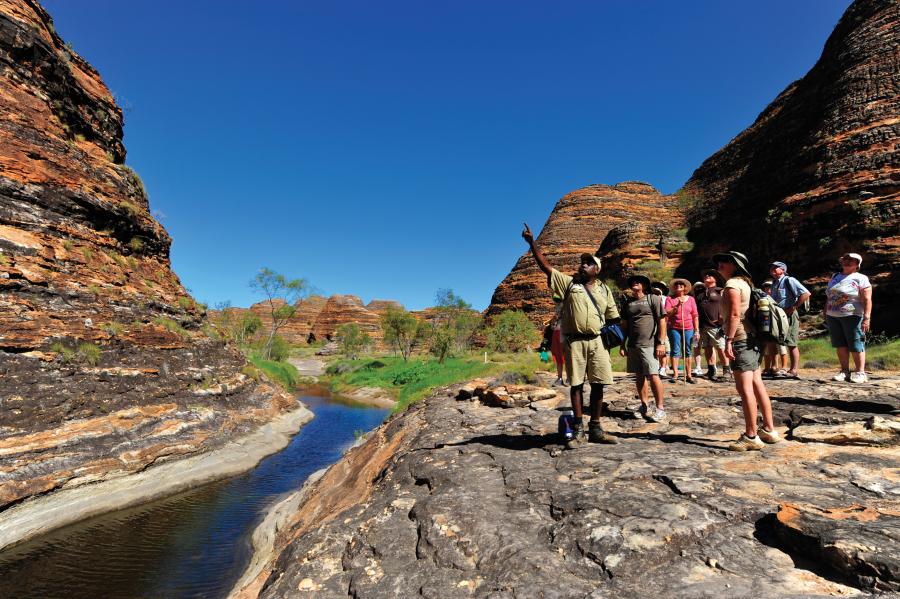Mike Willie’s summers are usually spent guiding European tourists on wildlife excursions through the good Bear Rainforest where he grew abreast of B.C.’s Central coast.
Not this year. The owner of killer whale Adventures in Port McNeil on northern Vancouver Island and a member of the Musgamagw Dzawada’enuxw First Nation says he was shocked to ascertain his summer season wither away due to COVID-19.

He’s one among several Indigenous tour operators and business owners who hope British Columbians structure for an unconventional tourism season by exploring their own province this summer — and learn some Indigenous history while they’re at it.
“Many people travel overseas to witness and participate in ancient cultures. But … the culture here is a minimum of 14,000 years,” he told CBC’s All Points West.
“If people want history, you do not got to travel far.”
Indigenous tourism was a rapidly-growing $705-million industry before the pandemic.
Now, the industry is putting the finishing touches on safety measures because it prepares for local tourists instead.
Paul Cox, manager of the Kwa’lilas Hotel in Port Hardy, also on north Vancouver Island , says he’s counting on the support of locals. The hotel recently reopened its restaurant with physical distancing and increased cleaning.
Some communities are banking on tourism as a future driver of its economy.
The Kwiḵwa̱sut’inux̱w Haxwa’mis First Nation off northern Vancouver Island has its sights assail ecotourism after recently buying Pierre’s Marina at Echo Bay.
The full-service marina and occupy the Broughton Archipelago provides essential services and can host tourists within the summer, then provide accommodation for forestry workers within the winter.
Elected Chief Rick Johnson said the primary Nation has used the bay for thousands of years. He envisions sharing a neighborhood of his ancestors’ history with the planet through tours where guests can glimpse grizzly bears and 800-year-old cedar trees.
“We were traditionally fishermen and loggers,” he said.
“Now both industries have made an enormous decline. Tourism are some things we all know goes to grow within the province of British Columbia .”
